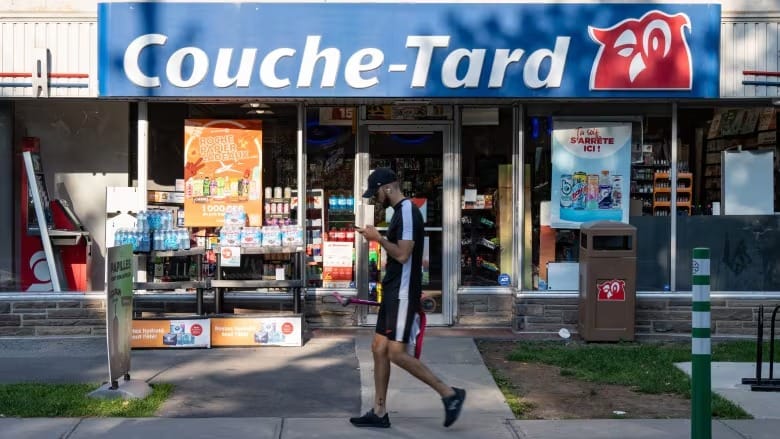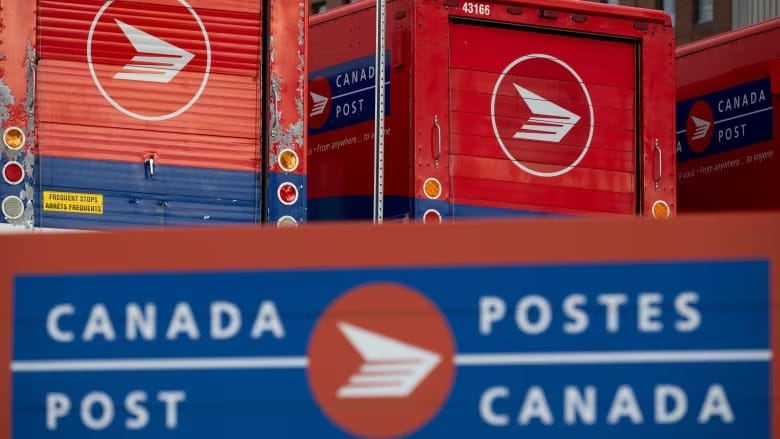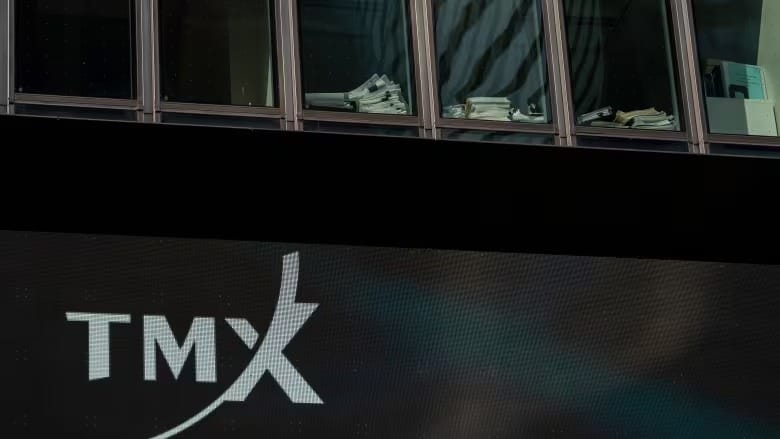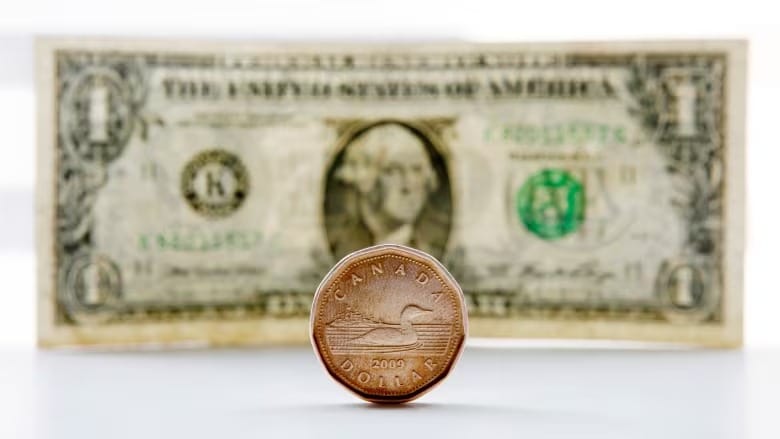Quebecois convenience store brand Couche-Tard is gunning to buy 7-Eleven. Here's how it got there
Couche-Tard has been on a 'relentless quest for growth' for nearly 40 years

Quebec's Alimentation Couche-Tard, which began with a single store in 1980, is now positioned to potentially acquire 7-Eleven, the world’s largest convenience store operator.
7-Eleven, with over 84,000 locations worldwide, is currently owned by Japan's Seven & i Holdings. Earlier this month, the Japanese retailer rejected a $38.5 billion takeover offer from Couche-Tard, but negotiations may not be over, as Couche-Tard is reportedly considering increasing its bid. If successful, the acquisition could elevate the Canadian company to one of the largest global retailers.
This potential deal is being closely monitored. Japanese customers are concerned about changes to their beloved brand, while U.S. customers worry that a Canadian acquisition could slow the expansion of Japanese-style offerings in American stores. Meanwhile, Canadians are intrigued by the possibility of seeing enhancements to their local 7-Elevens.
Couche-Tard's rise to prominence
Alimentation Couche-Tard was founded by Alain Bouchard in Laval, Quebec, 44 years ago, modeled after Quebec's dépanneurs, small, independently owned neighborhood stores that sold alcohol late at night, a rarity in other parts of Canada at the time.
Bouchard’s strategic acquisitions transformed Couche-Tard into a global brand. Today, it is one of Canada’s largest companies and one of the world’s leading convenience store operators.
Yan Cimon, a strategy professor at Laval University, described the company’s approach as a "relentless quest for growth" but emphasized that it’s a "disciplined growth" strategy. Couche-Tard carefully evaluates potential acquisitions, ensuring that they are profitable and add value to the company.
Currently, Couche-Tard operates over 16,000 stores across North America and Europe, under brand names like Couche-Tard, Circle K, and On The Run. Acquiring Seven & i would be the pinnacle of its expansion.
Cimon noted that the company's global success stems from its ability to adapt its products and services to local cultures and tastes in different regions.
Nearly 40 years of acquisitions
Couche-Tard’s acquisition journey began in 1985 with the purchase of 11 convenience stores in Quebec City. Over the next several years, it added several more brands to its portfolio, including Sept-Jours in 1987 and Mac's in 1993, which later became Circle K in 2015.
In 1994, it bought 86 Perette dépanneur stores, and by 1997, it expanded beyond Quebec by acquiring stores in Ontario and Alberta through Provigo’s subsidiary, C-Corp Inc.
The company’s signature red logo featuring a winking night owl came from one of these early acquisitions, with the term couche-tard translating to "night owl" in French.
Couche-Tard continued to grow, acquiring rivals like Silcorp Ltd. in Toronto, and even entering the international market by purchasing the assets of Norway's StatOil in 2012, a deal Cimon described as a turning point in the company’s global expansion.
Recently, Couche-Tard announced its acquisition of GetGo Cafe and Markets from Giant Eagle Inc., a deal expected to close in 2025, and purchased retail assets from French oil company TotalEnergies SE earlier this year, expanding its presence in Germany, the Netherlands, Belgium, and Luxembourg.
A challenge with Seven & i
The potential acquisition of Seven & i, however, presents new challenges for Couche-Tard due to the size and complexity of the Japanese conglomerate.
“If they want to buy such a huge conglomerate like Seven & i Holdings, they will have to rethink their operations,” said Cimon. He added that Couche-Tard might need to sell off some of Seven & i’s non-convenience assets if the deal goes through.
Couche-Tard made an unsolicited offer to buy Seven & i in August, offering $14.86 per share. Seven & i rejected the offer, stating that it was not in the best interest of its shareholders and "grossly undervalues" the company.
Despite this, some shareholders, including Artisan Partners, which owns over one percent of Seven & i, have called for the company to reconsider Couche-Tard’s bid. Ben Herrick, associate portfolio manager at Artisan, remarked that the rejection of the offer “starts the clock” for Seven & i’s management to prove they can deliver more value than what Couche-Tard offered.





